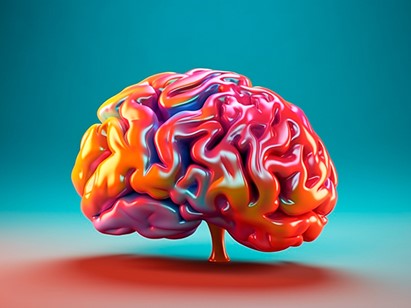As you age, it can feel like your body is changing faster than you can keep up. Losing some of your hearing and muscle mass is natural and normal, as is forgetting where you put the keys. Some age-related changes are difficult to combat, but there are specific things you can do to maintain your brain health in your golden years.
Understanding How the Brain Ages
Like all other parts of the body, the brain changes with age. From shrinking in volume to fewer synapses, what happens physically to your brain can impact your daily life. In older age, you may find it harder to divide your attention between tasks, and it may be challenging to remember the name of a person you just met.
However, some brain functions improve with age, proving that older really is wiser. In some studies, older adults have done better than young adults on verbal, spatial, mathematical, and abstract thinking tests. So, instead of getting anxious about how your mind and memory will function in your golden years, take on the challenge of keeping your brain healthy.

The Best Ways To Keep Your Brain Healthy
To stay sharp, you need to stay active. Both physical and mental exercise are key when it comes to cognitive wellness. Participating in regular physical activity such as walking, swimming, dancing, and doing at-home workouts can keep all of your systems in check. For your mind, make sure to do the following:
- Stay social by meeting up with friends and family
- Spend time with your favorite hobbies
- Learn a new skill, such as a language or instrument
- Eat a balanced diet of vibrant fruits, fresh veggies, and healthy fats
- Improve your sleep schedule to get enough rest
Even as your mental acuity changes, you can ward off some aspects of cognitive decline by engaging your mind regularly. Reading, playing games, and volunteering can help you stay mentally sharp for years.
When To See a Doctor About Cognitive Decline
Medical conditions such as diabetes, heart disease, and high blood pressure can increase the risk of cognitive decline in older age. Keep a close watch on your health and manage any medical conditions with help from your doctor. It may be time to see a doctor if you notice any of these warning signs of dementia and Alzheimer’s:
- Forgetting how to do everyday tasks
- Getting lost on a familiar route
- Increased confusion about where you are
- Inability to judge distance, color, and size
- Struggling in conversation or repeating yourself
When memory loss begins to impact your daily life, you may want to seek out a specialist and get tested for dementia or Alzheimer’s.
Transitioning to a Memory Care Community
Transitioning to a residential community with dedicated memory care services can improve the quality of life for people with cognitive decline. If you or a family member want to learn more about our holistic memory care services, schedule a visit to one of our communities today.




















